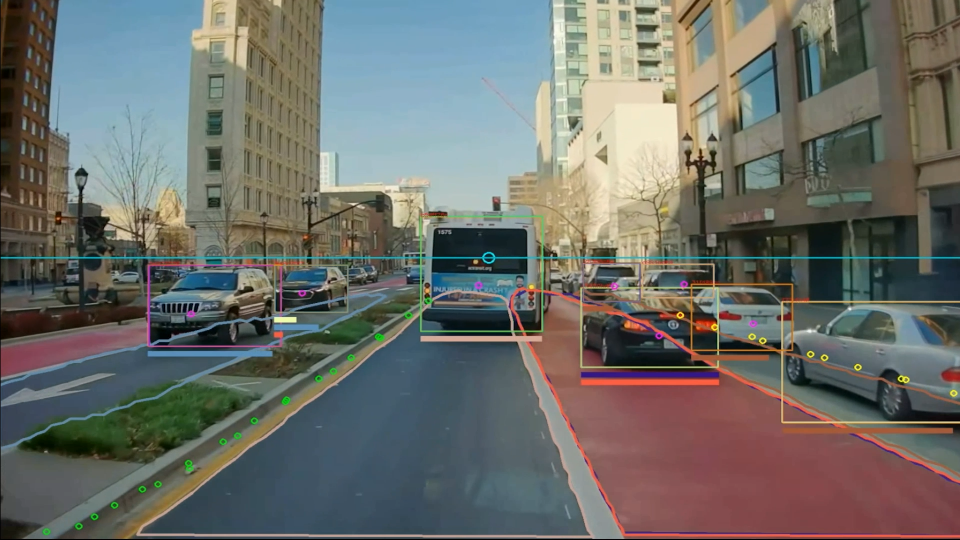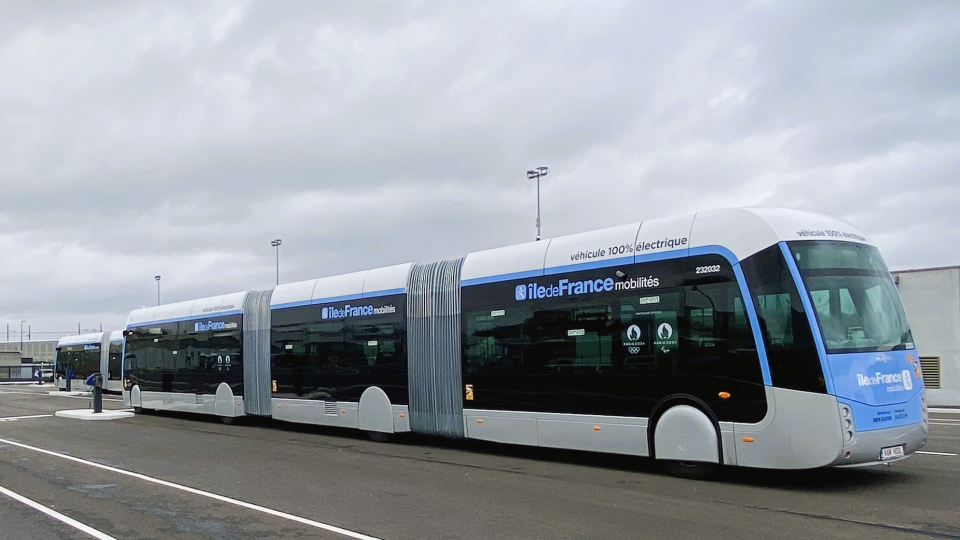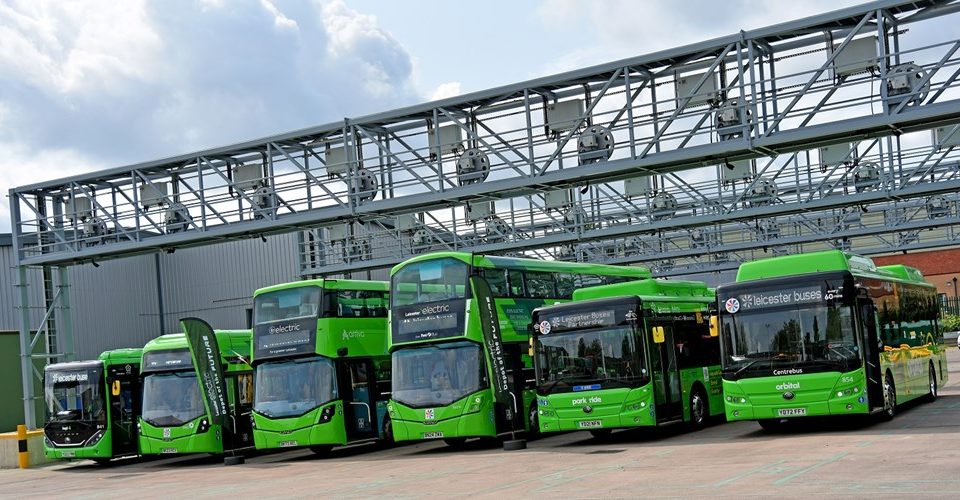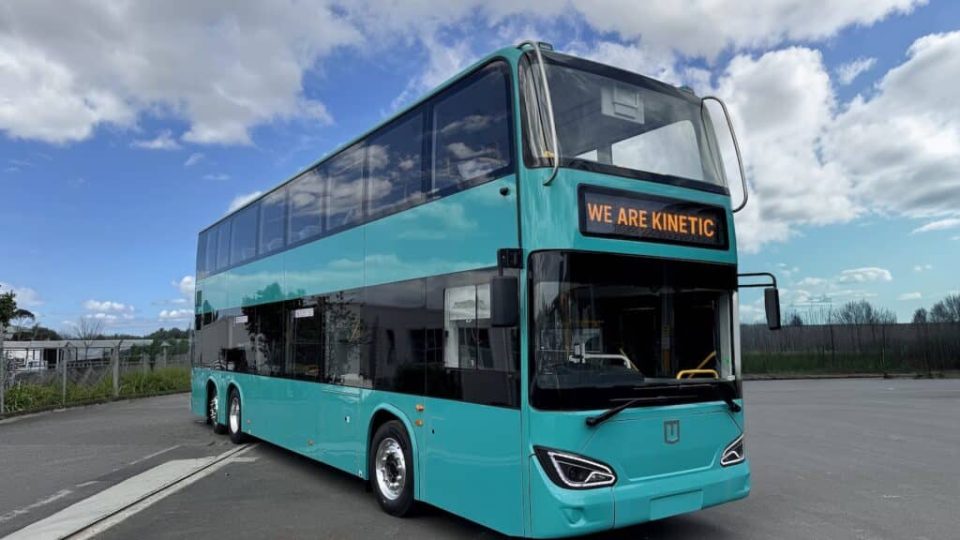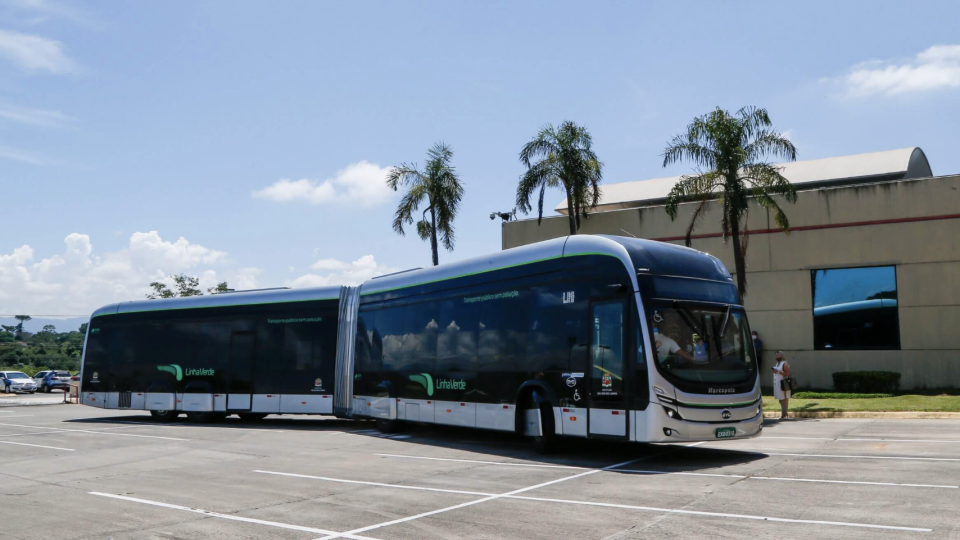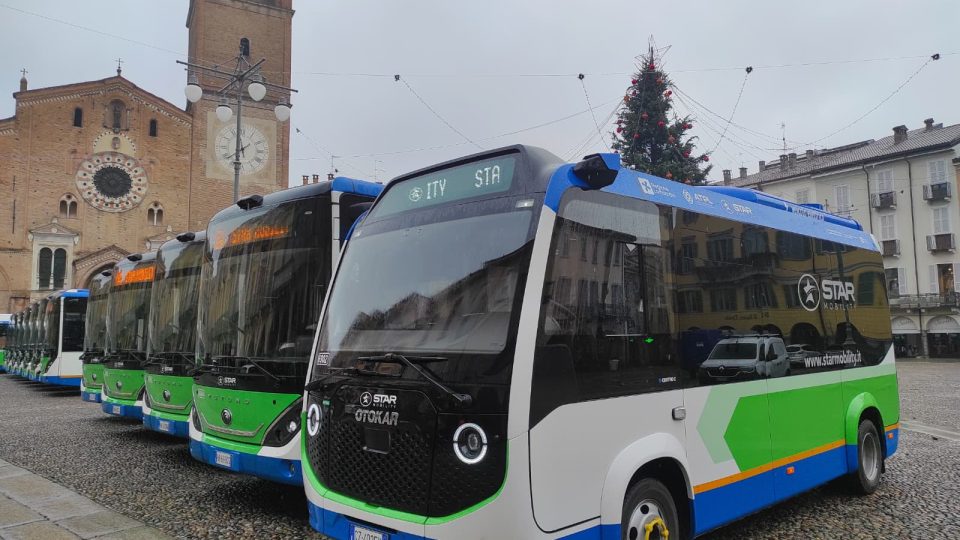Here it comes the first 22-meter electric bus chassis produced by BYD in Brazil
BYD announced it has completed the manufacture of the first 100% electric articulated bus chassis in Brazil. Now, vehicles will be produced in scale at the company’s plant in Campinas, countryside of São Paulo. The D11B chassis model, 22 meters long, will have lithium-iron phosphate batteries (LifePO4) and has an autonomy of up to 250 […]
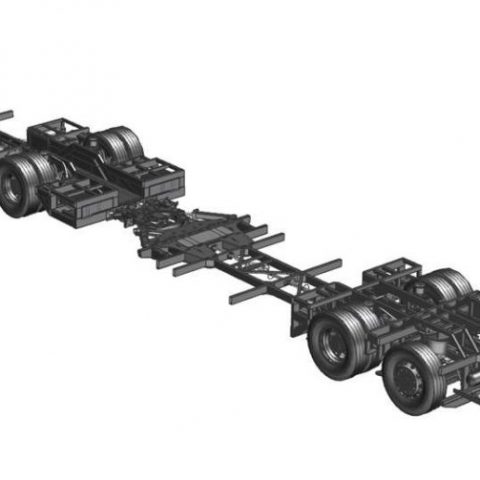
BYD announced it has completed the manufacture of the first 100% electric articulated bus chassis in Brazil. Now, vehicles will be produced in scale at the company’s plant in Campinas, countryside of São Paulo.
The D11B chassis model, 22 meters long, will have lithium-iron phosphate batteries (LifePO4) and has an autonomy of up to 250 km with a full charge, says the manufacturer. It targets the market of BRT.
In April 2019, BYD had unveiled a 27-meter chassis in Shenzhen (namely K12A), presenting it as the world’s longest electric bus.
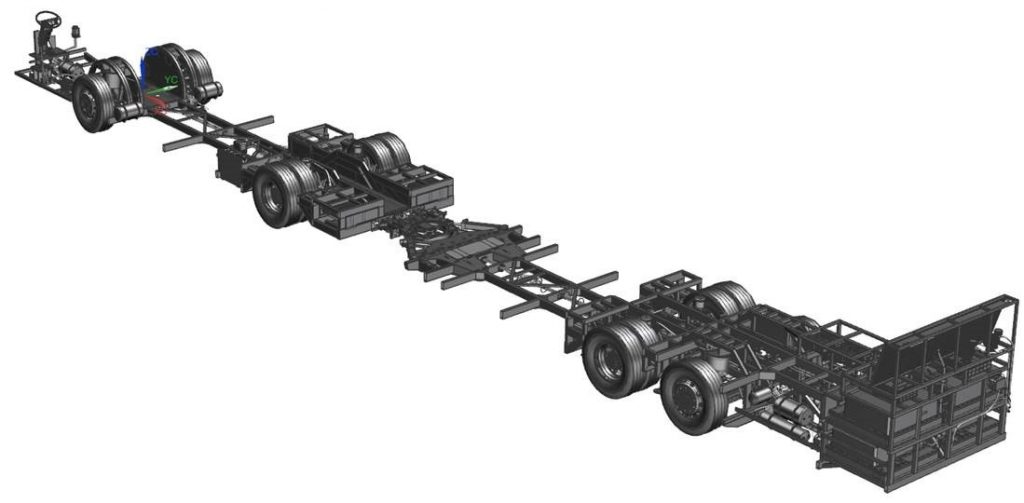
BYD D11B electric chassis in Brazil
The first vehicles based on BYD D11B chassis will be destined to the São José dos Campos Green Line, which will have the first express corridor with 100% electric articulated vehicles in the country. In all, there will be 12 buses, scheduled to be delivered by October 2021. The contract between the São José dos Campos City Hall and BYD was signed in April this year. The buses will travel 14.5 kilometers, connecting the south and east regions of the city.
The plant, installed in Campinas since 2015, has a production capacity of 720 bus chassis per year, and can expand manufacturing to up to 1,440 chassis per year, BYD highlights.
The advantage of electric buses in BRT corridors
According to BYD Brazil R&D Manager, Rafael Furquim, the articulated buses will have four electric motors connected to the axles, with a maximum power of 201 hp each and a nominal power of 148 hp each. The buses will have an average recharge time of up to 3 hours (from 0% to 100%), BYD says.
The Director of BYD Brazil Bus Division, Marcello Von Schneider, highlights the advantages of electric buses in express bus corridors. “Cities are realizing the importance of adopting electric buses as an ally in the fight against large scale emissions of pollutants gases. Furthermore, when the city implements an express corridor, it reorganizes traffic and takes more diesel buses out of circulation, impacting even more positively on the population’s health”.

